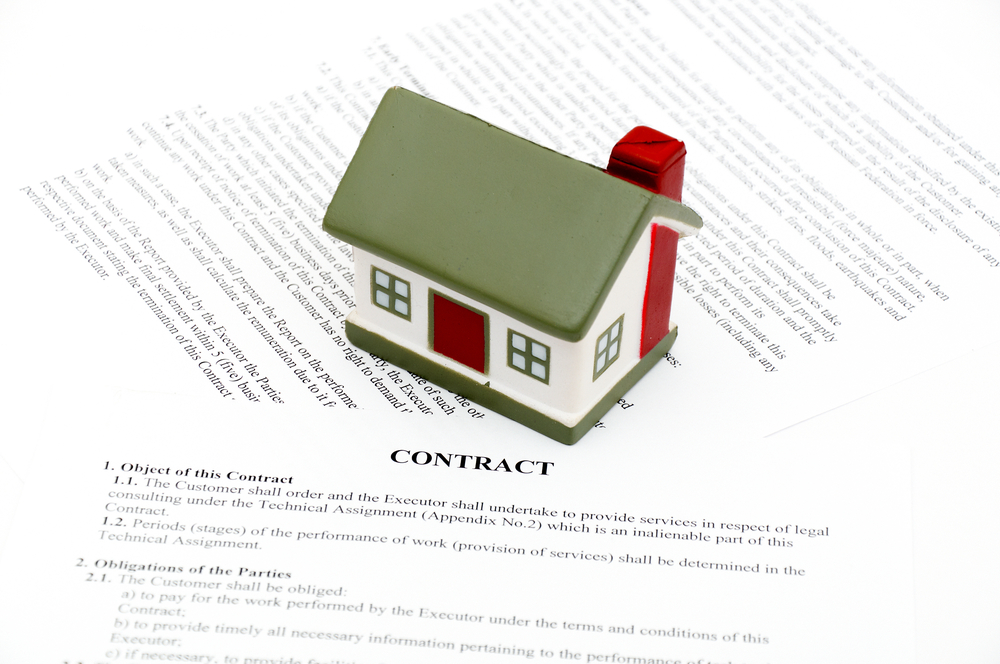When you purchase or sell real estate in Massachusetts, there’s a good chance that the purchase and sale agreement contained a version of the following statement:
Any matter of practice arising under or relating to this Agreement which is the subject of a title standard or a practice of the Massachusetts Real Estate Bar Association (“REBA”) at the time for delivery of the deed shall be governed by such title standard or practice standard to the extent possible.
Overview of Title Standards
Title standards, which are codified for use by the Massachusetts Real Estate Bar Association (“REBA”), are oft-used as a rule book for attorneys practicing real estate in Massachusetts. According to the Real Estate Bar Association website, the title standards “express the practice considered reasonable by members of the Real Estate Bar Association for Massachusetts”. Therefore, when faced with possible title issues or challenges, real estate attorneys routinely consult the title standards to determine whether the particular issue can be resolved by a standing title standard.
Title Standards Purpose
In the absence of a title standard which resolves the issue, many times the issue will need to be addressed through curative action. Curative action, whether done through an attorney who is familiar with fixing such issues, or through the title company by filing a title claim, can prove time consuming and costly. Therefore, it is important to recognize and be familiar with the REBA title standards, as the issue may be resolved much more efficiently.
…scenarios involving old executions or attachments, deceased owners on title, improper references in mortgage discharges or assignments, and signing authority on documents…there is often a title standard which will provide guidance and eliminate delays and costs to the client.
Common Issues Where Title Standards Can Be Applied
The purpose of title standards is to guide a conveyancing attorney to take the most reasonable, yet cautious stance on title. These standards are developed to assist attorneys in scenarios, for example, where resolving the issue may prove difficult or impossible, or where a substantial amount of time has passed, such that the risk of the issue posing a problem in the future is minimal. In our practice, title standards often come into play. However, some of the more common scenarios involve old executions or attachments, deceased owners on title, improper references in mortgage discharges or assignments, and signing authority on documents. In these instances, there is often a title standard which will provide guidance and eliminate delays and costs to the client.
If you are purchasing a home, it is important that you have an attorney review the purchase and sale agreement so that you can make sure that important provisions are contained within the purchase and sale agreement. If you are looking to sell a home, it is also important to have an attorney to make sure that any disputes or issues with title can be addressed properly. If you have already entered into a purchase and sale agreement and have been informed that there may be an issue with the title, it is important that you consult an attorney right away.
Michelle Bessette Oliveira of PK Boston Law has experience dealing with title issues that arise in transactions and can work to correct any issues that may arise with the title.
The above information is designed to provide a helpful overview of a relevant topic. It does not constitute legal advice nor should it be construed as such. Please do not take action based on the above information without seeking formal legal advice. If you would like additional information, please contact Attorney Michelle Oliveira at (508) 807-1131 or email us at info@pkboston.com


